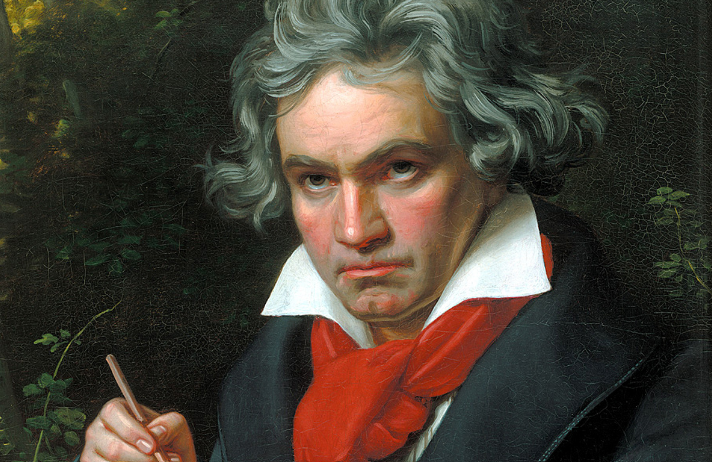A groundbreaking study examining Ludwig van Beethoven’s DNA has unveiled a peculiar contradiction.
Others are reading now
An international team of researchers has turned to genetic science to probe the roots of musical genius, using none other than Ludwig van Beethoven as a case study.
Nearly two centuries after the composer’s death, DNA extracted from Beethoven’s hair has offered scientists a rare glimpse into the genetic makeup of one of humanity’s most celebrated musical minds.
But the findings present a paradox.
The Genetic Basis of Musicality
Research has increasingly suggested that our musical abilities, from rhythm to melody, are influenced by our genetics, with estimates suggesting that about 42% of our musicality is inherited.
Also read
Advances in DNA technology have identified specific genes associated with musical skills, including rhythm synchronization and pitch recognition.
Drawing on this knowledge, the team, including experts from Vanderbilt University and the Max Planck Institute, sought to determine if Beethoven’s legendary compositional skills could be linked to his genetic code.
Analyzing sequences from Beethoven’s 200-year-old hair samples, the researchers focused on 69 genes known to influence musical prowess.
Beethoven’s Unexpected Genetic Score
Contrary to expectations, the comparison of Beethoven’s genetic profile with those of approximately 15,000 living individuals revealed that the composer’s genetic predisposition for musicality was surprisingly average.
“Beethoven, one of the most famous musicians in history, scored lower for general musicality compared to a whole bunch of living people,” noted Tara Henechowicz, a Ph.D. student in human genetics at Vanderbilt University.
Beyond Genetics: The Making of a Maestro
This genetic paradox serves as a reminder of the multifaceted nature of talent development.
While genetics undoubtedly plays a role in shaping our abilities, the study’s authors emphasize the significance of environmental factors, personal experiences, and sheer determination in achieving greatness. The research not only challenges the predictability of genetic tests for future talent but also celebrates the mystery and unpredictability of human potential.
“Our goal was to use this as an example of the challenges in making genetic predictions for an individual who lived over 200 years ago,” Henechowicz explained.
The findings, therefore, do not diminish Beethoven’s stature but rather highlight the extraordinary confluence of factors that contribute to exceptional talent.


